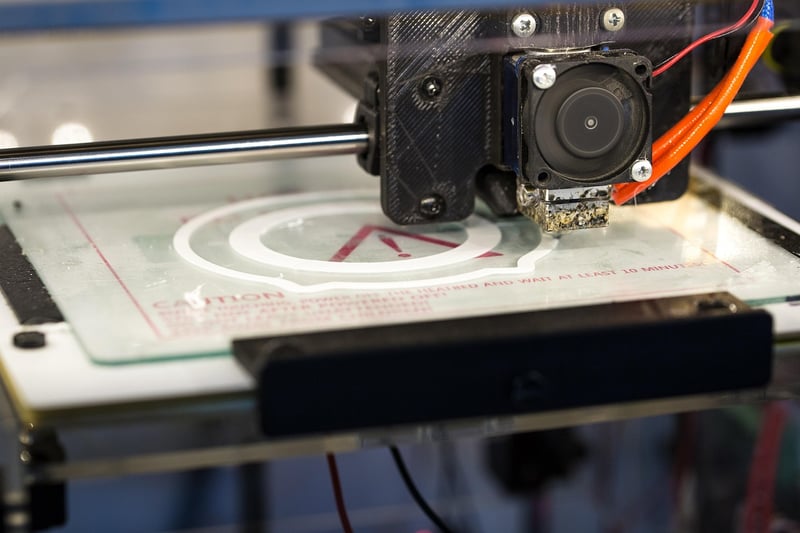Futuristic Gastronomy
Exploring Food Across Eras + Futuristic Gastronomy
Introduction
Food has always been a central aspect of human life, evolving and diversifying across different eras. From ancient civilizations to modern times, culinary practices have reflected cultural, social, and technological advancements. Let's take a journey through time to discover how food has shaped and been shaped by various historical periods, and explore the possibilities of futuristic gastronomy.
Ancient Civilizations
Our culinary journey begins with ancient civilizations such as the Egyptians, Greeks, and Romans. These societies laid the foundation for many culinary traditions we still see today. From the use of herbs and spices to the cultivation of grains and livestock, ancient diets were diverse and rich in flavor.

Medieval Times
During the Middle Ages, food was often used to display wealth and status. Feasts filled with elaborate dishes and exotic ingredients were common among the nobility, while peasants relied on simpler fare such as bread, vegetables, and locally sourced meats.

The Renaissance and Enlightenment
The Renaissance brought a renewed interest in gastronomy, with a focus on the art and science of cooking. New ingredients were introduced to European cuisine, leading to the fusion of flavors and the development of culinary techniques that are still used today.

Industrial Revolution to Modern Times
The Industrial Revolution transformed the way food was produced and consumed. Mass production techniques led to the availability of a wider variety of foods, while technological advancements revolutionized cooking methods. Fast food and convenience foods became popular in the modern era.

The Future of Gastronomy
Looking ahead, futuristic gastronomy presents exciting possibilities. From lab-grown meat to 3D-printed food, technology is reshaping the way we think about food production and consumption. Chefs and scientists are experimenting with innovative ingredients and techniques to create sustainable and delicious dishes.

Conclusion
Food has always been a dynamic and evolving aspect of human culture. By exploring food across different eras and embracing the innovations of futuristic gastronomy, we can appreciate the rich history and exciting future of culinary arts.
